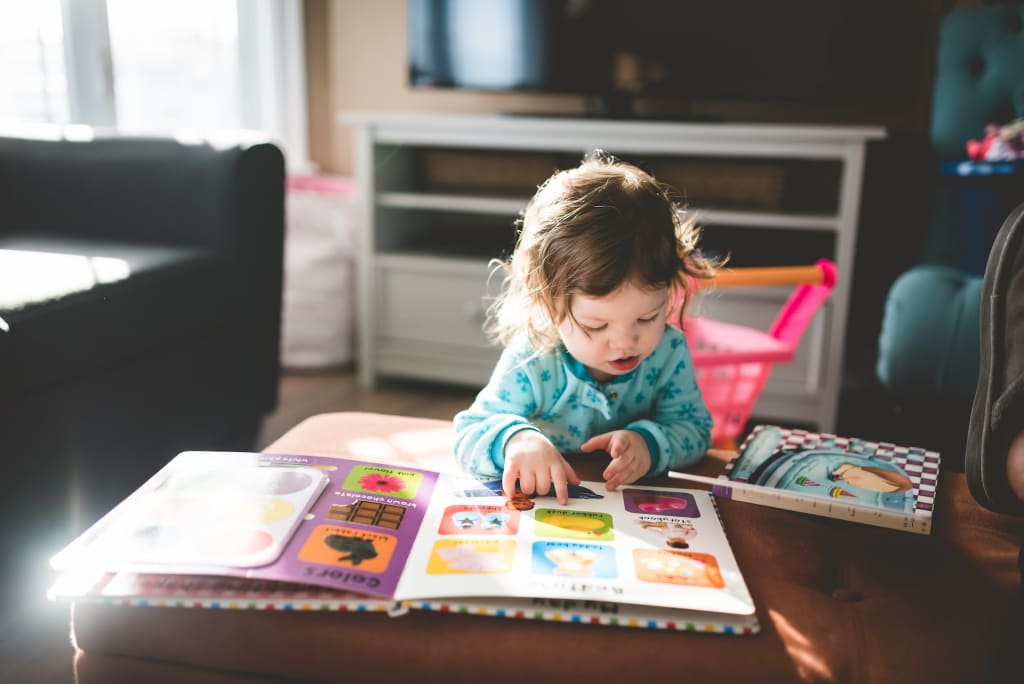The Positive Consequences of Having Peers for Kids at Preschool
Let us look at some of the positive effects that peers may have on your child's life.

We've all heard about the negative effects of peer pressure, but peers have far more positive effects on a child's development. It is critical to recognize that peer interaction and childhood friendship are two critical components of one's learning experience. Children learn a lot of things in a group setting. They exchange ideas and thoughts while conversing or playing with one another. The negative influence of peers has received far more attention, but the positive influence also plays a role. The way children participate in group activities influences their motor and cognitive development. It is not just about development; being in a group is also refreshing and entertaining for the children. It increases their desire to participate in various types of activities based on their peers' diverse interests. Parents should never be concerned about peer pressure. Indeed, with the proper guidance, friendship can be one of the most important aspects of a person's life. Parents can guide their children and help them understand the distinction between peer learning and peer pressure. Preschools having best apps for preschool teachers encourage group activities because they improve the quality of learning.
Let us look at some of the positive effects that peers may have on your child's life.
Developing Socially
Staying with peers promotes a child's social development. It is as important as any lesson a child can receive. Your child will not be able to stand out in a crowd if he or she is not social. Communicating and learning go hand in hand; without communication, your child will not have a learning experience. The more they communicate, the more points of view they will encounter, allowing them to adjust to their interests and develop in the appropriate ways. Their social development determines their confidence, communication fluency, and leads to several other kills that are required for success. Kids schools work on such skills in groups from the beginning, and children can learn a lot from their peers.
Developing Emotionally
Friendship is the first emotional experience that children have outside of their homes. However, everyone is born with that emotion, but having peers around helps to ignite those emotions in a person. The child feels emotions such as joy, anger, happiness, and bonding, all of which are necessary for human development. The bond allows for the formation of relationships, which improves learning. Fighting can also be a learning experience for children because it teaches them how to deal with different types of situations. Emotional development contributes to mental and overall growth. The child behaves and learns in accordance with their relationships with their parents, teachers, and friends.
The Cognitive Development
Cognitive development is all about thinking and reasoning, and anyone who is mentally free will think to their limits. A child is at ease with his or her peer and shares thoughts, ideas, and various points of view. When a large number of children participate in group activities, their diverse perspectives and perspectives provide a wealth of learning opportunities for each of them. Even conflicts are useful in cultivating opinions and providing new perspectives. Children who present their point of view and begin to consider solutions to problems have effectively developed their cognition. The school culture for children and also having preschool resources for teachers is doing wonders by providing appropriate activities that encourage children to learn in groups.
The Physical Development
Games and activities play the most important role in a child's physical development. Outdoor games played in a group force the child to perform well and be physically active. Peers motivate children to compete and become better versions of themselves. Physical development is more than just having strong and fit bodies; it also allows a person to be flexible and stay healthy from within for a longer period of time. All of this is possible when an individual develops strong relationships with peers and learns a lot from them, however they can, but make them learn from peers on a regular basis.
About the Creator
Amit Kumar
Full-time thinker & part-time writer...
Enjoyed the story? Support the Creator.
Subscribe for free to receive all their stories in your feed. You could also pledge your support or give them a one-off tip, letting them know you appreciate their work.






Comments
There are no comments for this story
Be the first to respond and start the conversation.